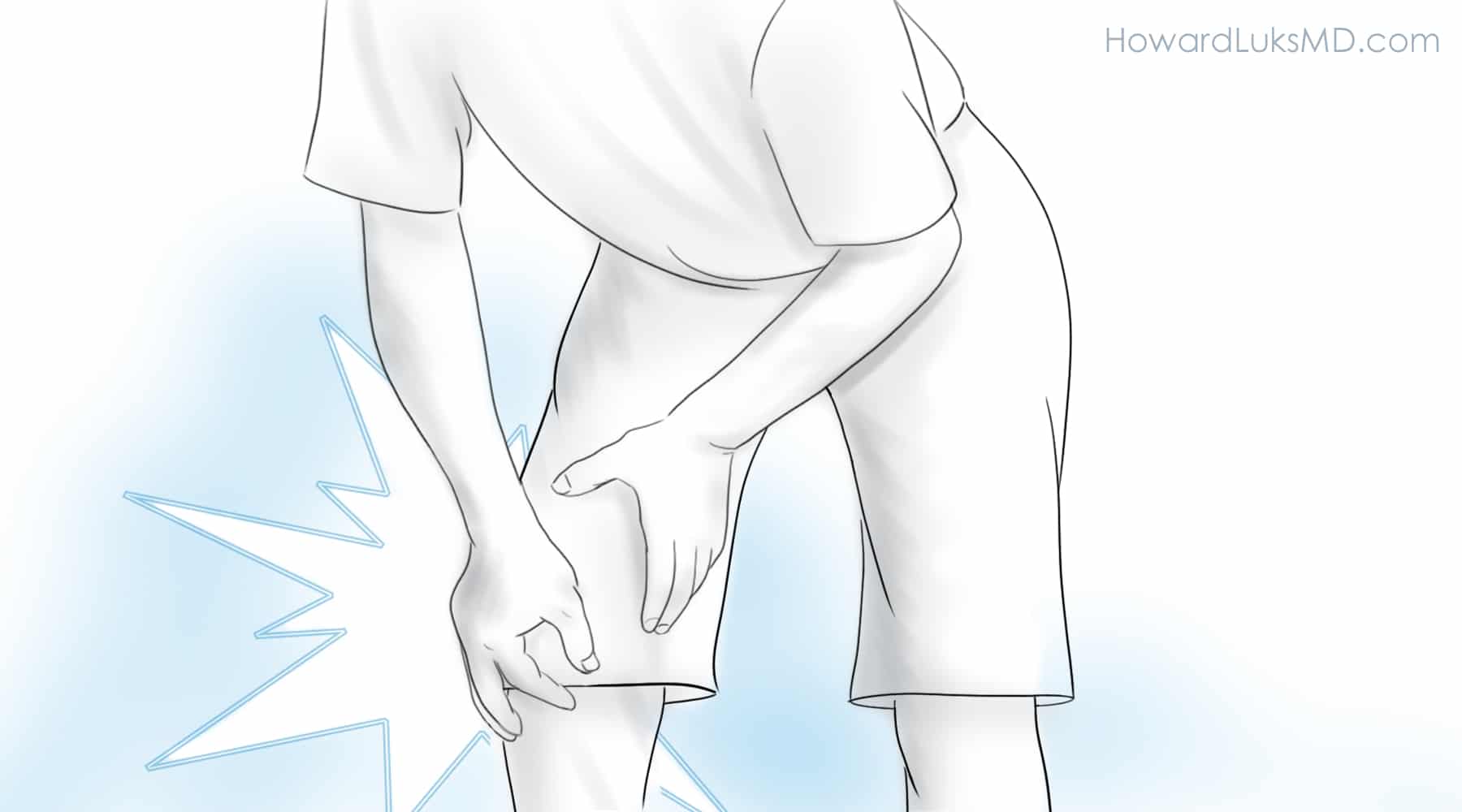
If the attack happens again or you do not feel completely back to normal, you should also seek urgent medical attention. Experience chest pain or the sensation of a 'thumping heart' (palpitations).Have a family history of sudden and unexplained deaths.Have a blackout while exercising or lying down.
/1298399-article-img-causes-of-fainting1-5a5520127bb283003773f0c9.png)
I get on my knees, when i get up i black out. why driver#
The Driver and Vehicle Licensing Agency (DVLA) does not have to be informed of a simple faint but greater restrictions apply if the situation is more complicated or if diagnosis is less clear.
Do leg crossing and arm tensing exercises. Drink more fluids such as water or soft drinks. Discuss with your doctor stopping any medication that may be responsible. When feeling better, get up carefully. Squatting down on your heels can be very effective and is less noticeable in public. Lie down flat with your legs up on a chair or against a wall or sit down on the ground with your head between your knees. What can you do if you feel like you're going to faint? Most people will only need to see their GP but you may be referred for further investigation and treatment at a hospital. You may be asked to keep a diary of your faints, including what you were doing when each happened. Treatment will depend on the likely cause of your blackout. Prolonged blackout, confusion after the event, incomplete recovery and tongue biting all suggest that the cause is not a simple faint. Strokes and mini strokes (transient ischaemic attacks) can also result in a blackout. You may also black out after a fall or blow to the head or due to excess alcohol or street drugs. It may be due to over-breathing (hyperventilation) but this is rare. Other causes of blacking out may be due to low blood sugar (hypoglycaemia) and lack of oxygen (hypoxia) from a variety of causes. Other causes include epileptic seizures, syncope due to anxiety (psychogenic pseudosyncope) and other rare causes of faints. The most common cause of blacking out is fainting. Give yourself a check-up with a general blood profile, now available in Patient Access Book now What else could it be? The faint may be preceded by chest pain or the sensation of having a 'thumping heart' (palpitations) and may happen during exercise. There may be a family history of sudden death. As a result of neurological diseases such as Parkinson's disease and peripheral neuropathy.Ĭardiac syncope: this occurs due to an underlying heart problem. During being sick (vomiting) or experiencing runny stools (diarrhoea) and other reasons for having a lack of fluid in the body (being dehydrated). Due to medication prescribed to lower blood pressure. Orthostatic hypotension: this is a fall in blood pressure on standing up, which can cause fainting. 
 When wearing tight collars that constrict the neck.ĭuring attacks, you may look pale and feel sweaty. After prolonged standing, especially in hot places (which is why soldiers on parade may faint). Here are some of the more common causes of faints:Ĭommon faint (NMS): this is also known as vasovagal syncope. In older people, fainting is more likely to be due to an underlying heart problem, low blood pressure or as a side-effect of medication. The most common cause is a common faint, also called neurally mediated syncope (NMS).Ĭommon faints usually happen for the first time in teenage years and affect girls more than boys. If you have it for the first time after 40, it is more likely to be due to a serious underlying problem. Most people (95%) have their first attack of syncope before they're 40 years old. Fainting is common at all ages and affects up to 4 in 10 people at least once in their lives.
When wearing tight collars that constrict the neck.ĭuring attacks, you may look pale and feel sweaty. After prolonged standing, especially in hot places (which is why soldiers on parade may faint). Here are some of the more common causes of faints:Ĭommon faint (NMS): this is also known as vasovagal syncope. In older people, fainting is more likely to be due to an underlying heart problem, low blood pressure or as a side-effect of medication. The most common cause is a common faint, also called neurally mediated syncope (NMS).Ĭommon faints usually happen for the first time in teenage years and affect girls more than boys. If you have it for the first time after 40, it is more likely to be due to a serious underlying problem. Most people (95%) have their first attack of syncope before they're 40 years old. Fainting is common at all ages and affects up to 4 in 10 people at least once in their lives.


/1298399-article-img-causes-of-fainting1-5a5520127bb283003773f0c9.png)




 0 kommentar(er)
0 kommentar(er)
